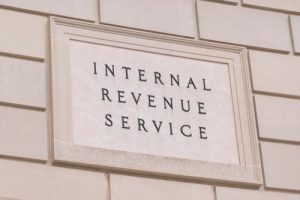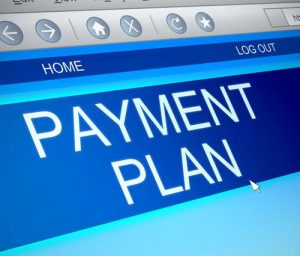What to Do When You’re in Hot Water with the IRS
 Filing taxes correctly and on time is challenging enough – but what do you do if you find yourself in trouble with the IRS? A premier tax lawyer similar to bakersfield tax attorney can help you deal with this issue. Understanding debt collections and how to approach complications with the IRS will save you a lot of time, money, and stress.
Filing taxes correctly and on time is challenging enough – but what do you do if you find yourself in trouble with the IRS? A premier tax lawyer similar to bakersfield tax attorney can help you deal with this issue. Understanding debt collections and how to approach complications with the IRS will save you a lot of time, money, and stress.
The IRS has notified me of unpaid debts, now what?
Acknowledge IRS Notices Right Away
Once you’re in trouble with the IRS, the notices aren’t going to go away on their own. It’s crucial to pay attention to all official notices from the IRS and acknowledge them right away. Ignoring warnings and putting off payment may worsen your situation and rack up some extra charges. It’s best to address any question of debt payment immediately.
The IRS contacts taxpayers by phone, mail, and personal visits. Unfortunately, IRS scams are quite common. IRS representatives will never demand immediate payment or ask for personal bank information over the phone. Keep your wits about you! If something doesn’t sound right and you suspect the caller is posing as an IRS representative, do not provide sensitive information or engage with them. If you think you do owe taxes, contact the IRS directly.
Understand How Debt Repayment Works
 Payment Plans
Payment Plans
When debts can be paid in a reasonable time frame, the IRS can sometimes offer payment plans. If you believe you can pay your debts in full without accruing additional debts, see if you qualify for a payment plan.
Tax Refund Offsets
If you have unpaid debts from federal student loans, child support, or unsettled state income taxes, the Bureau of Fiscal Service (BFS) may file a “Notice of Intent to Offset.” This will indicate how much you owe the IRS – and explain that the government agency won’t provide a refund until you pay up.
Though it may sound like a lifelong commitment to debt repayment, this notice simply states that your debts will be withheld from your tax refund until the debt has been satisfied. You’ll need to pay your balance completely within 60 days of receiving your “Notice of Intent to Offset” if you wish to avoid the offset altogether. If you are unsure whether the IRS plans to withhold your entire tax return, or you have questions about the amount withheld, call them as soon as possible.
Levies
The IRS issues tax levies as an aggressive approach for debt collection. A levy is the seizure of personal assets to settle unpaid debts. Items can include: vehicles, property, and garnished wages. Levies are typically instated when a taxpayer has failed to pay taxes upon receiving multiple notices. The IRS will issue a levy notice 30 days before collecting any assets – this notice may be delivered via mail, or in person.
Consult a Tax Expert
Managing tax debts can be challenging and confusing – and the IRS isn’t always right. Work with a tax consulting firm if you have any doubts about your standing with the IRS. If you do find yourself in trouble, your local tax expert will be able to assess your situation and identify the best way to approach repayment. In addition, if you are having issues with your property taxes, it’s best to contact a property tax consultant for proper guidance.
Set Yourself up for Success
Open your mail
To avoid missing any notices from the IRS or private collectors, check your mail. Make sure to update your address and forward your mail by notifying USPS if you have relocated.
Easy Pay
To avoid any future troubles with the IRS, evaluate your options for future tax payment. Check out the convenient payment options to see what tax payment option works best for you. The IRS even has a mobile IRS app that allows you to pay directly from your bank or credit/debit card!
File Your Taxes Correctly
Oftentimes taxpayers end up owing the IRS simply because of a filing mistake. Make sure you’re claiming the right deductions and exemptions when filing – and always file on time.
Seek Continual Tax Support
You shouldn’t seek tax advice only when you’re in trouble with the IRS. Stay on top of your taxes and make sure you file correctly every time by working with a trusted tax professional each tax season.
Avoid Future Trouble with the IRS
Finding yourself in trouble with the IRS is an overwhelming experience. It’s important to resolve any questions of unpaid debts as soon as possible, and always respond to notices of unpaid debts. Failure to pay may lead to serious consequences such as a tax offset or levy. Working with a tax professional to file your taxes correctly and staying on top of outstanding balances will help you to avoid serious charges (monetary and other).
